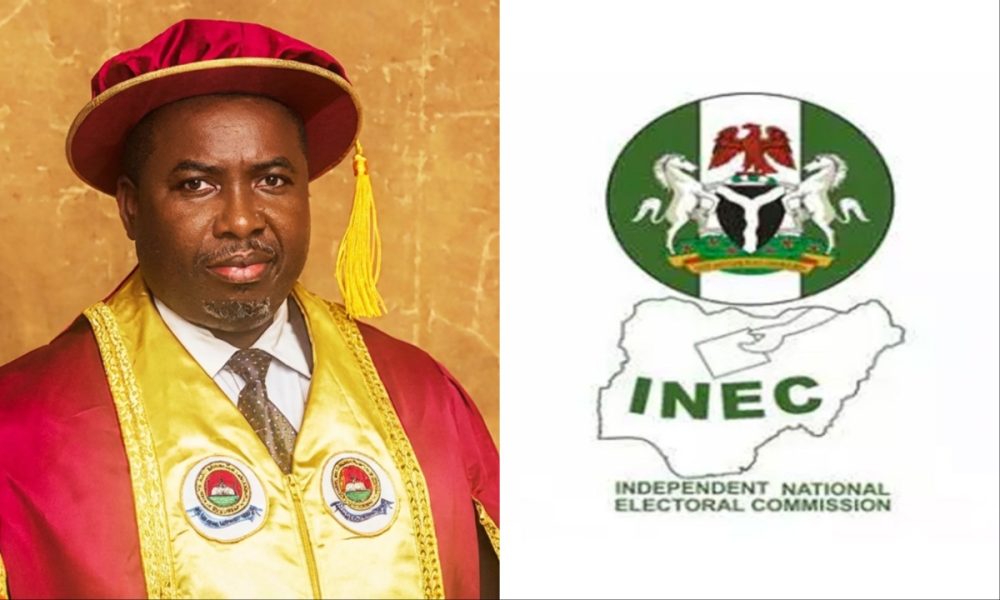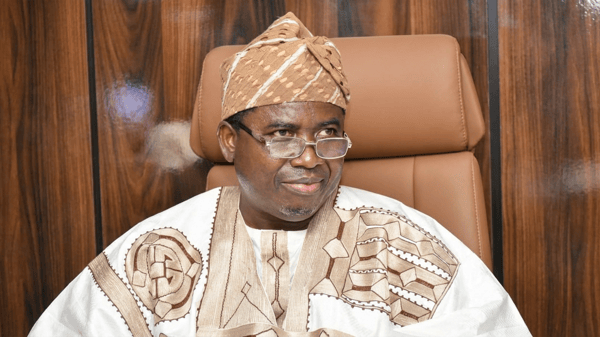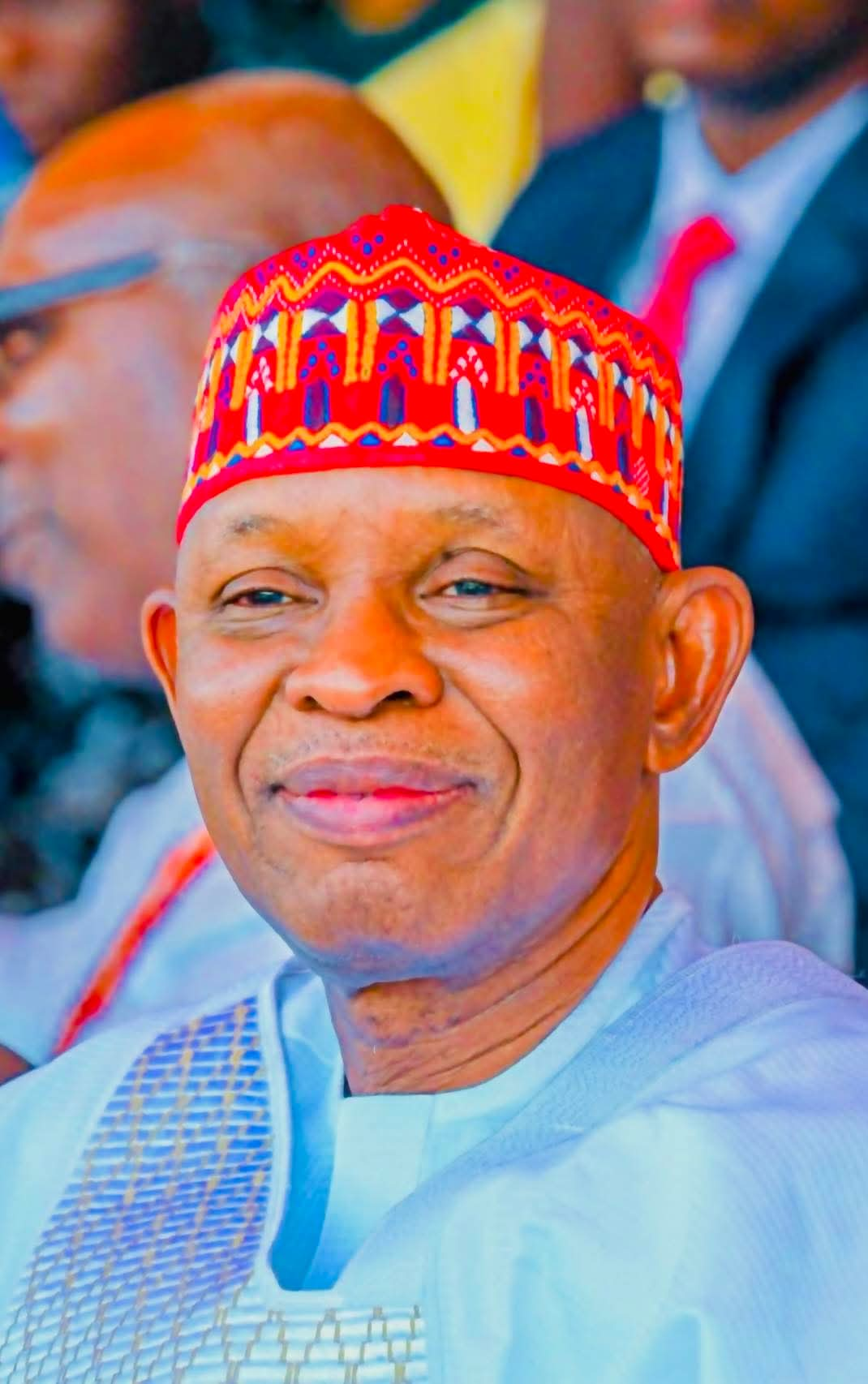Nigeria’s total public debt rose to N149.39 trillion as of March 31, 2025, an increase of N27.72 trillion (22.8%) from N121.67 trillion recorded a year earlier, according to the Debt Management Office (DMO).
Compared to N144.67 trillion in December 2024, the debt stock grew by N4.72 trillion in just three months, driven by fresh borrowing and naira depreciation.
External debt stood at N70.63 trillion ($45.98 billion), up from N56.02 trillion ($42.12 billion) in Q1 2024, reflecting a 26.1% rise in naira terms. The naira’s continued fall against the dollar worsened the cost of foreign debt servicing.
Read Also:
Nigeria Pushes Blue Economy Agenda with Seabed Mapping, Hydrography Initiatives
Domestic debt reached N78.76 trillion, increasing by 20% year-on-year. The Federal Government accounted for N74.89 trillion, while states and the FCT owed N3.87 trillion, slightly lower than the previous quarter.
As of Q1 2025, domestic debt makes up 52.7% of total public debt, with external debt at 47.3%. Analysts warn that rising debt and currency pressure may worsen Nigeria’s fiscal outlook unless urgent revenue reforms are implemented.










